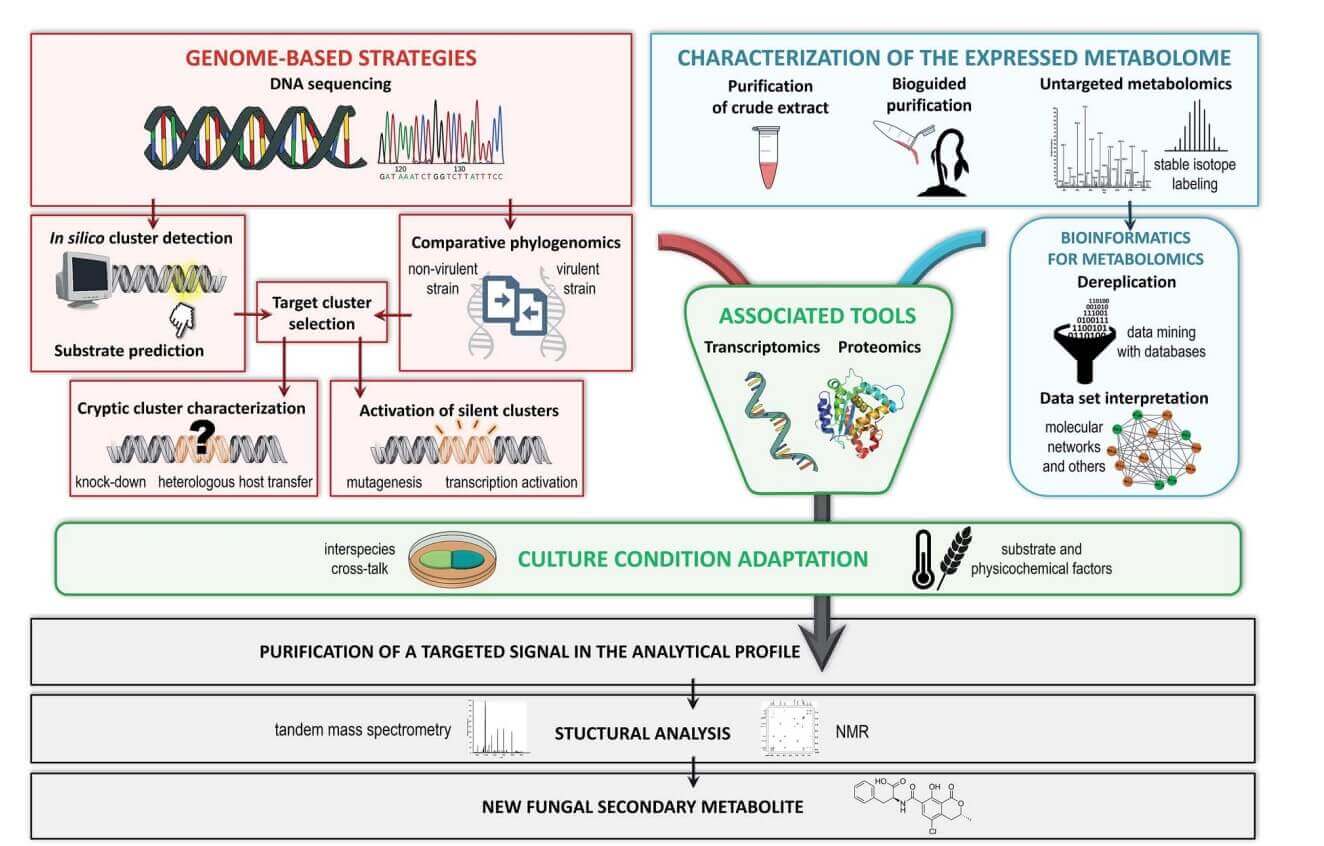When plants are infested with pathogenic fungi, resistance is usually enhanced by regulating metabolites in vivo, and metabolomics techniques are used as a complementary technique to other histological techniques to reveal the mechanism of plant-fungal interactions. By analyzing the changes and differences in the metabolic profile of plants after fungal infestation through metabolomics techniques, a series of disease-resistance-related metabolites can be searched for. These disease-resistance-associated metabolites can help study plant disease resistance mechanism and plant resistance identification and integrate various histological analysis techniques to effectively identify functional genes involved in plant metabolic processes.
Lifeasible can analyze the antifungal effect of plant metabolites based on metabolomics technology and help customers to screen for disease resistance genes in combination with gene expression studies, providing an auxiliary role for plant breeding for disease resistance.
 Figure 1. From genomics to metabolomics, the multiple strategies for discovering unknown fungal secondary metabolites. (Hautbergue T, et al., 2018)
Figure 1. From genomics to metabolomics, the multiple strategies for discovering unknown fungal secondary metabolites. (Hautbergue T, et al., 2018)
We offer the following analytical methods for differential metabolite screening.
Lifeasible can help customers screen plant metabolites with antifungal effects through metabolomics technology. As your trusted partner, we can meet all your fungal metabolomics analysis needs and provide you with efficient and high-quality services. If you want to know the details, please contact us.
References